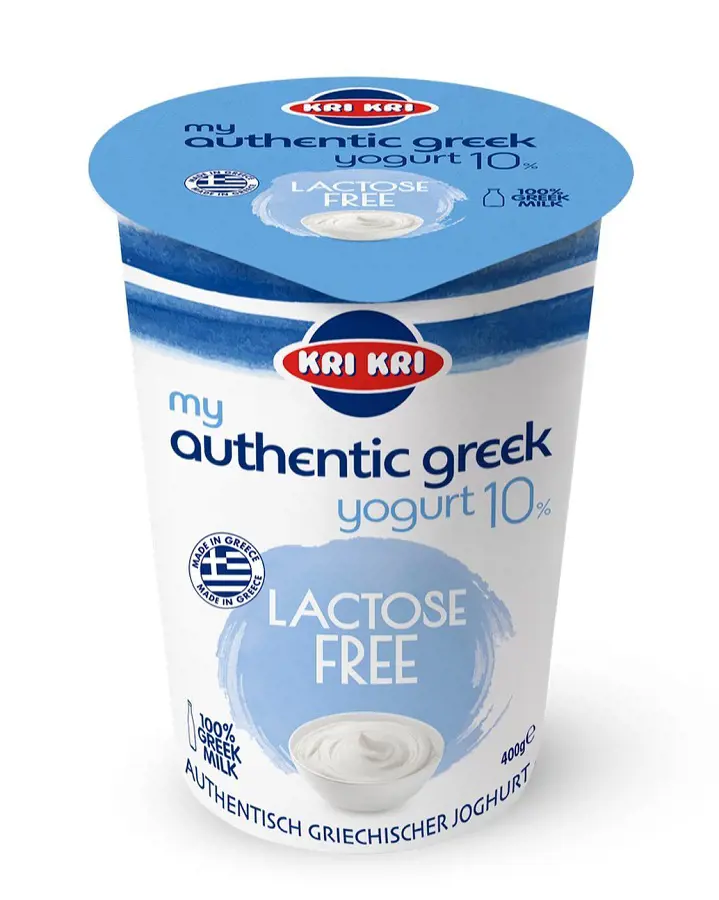Method Of Preparation

Greek and regular yogurt are made with the same main ingredients and go through the same basic process. Both yogurts are made by heating milk, adding specific bacterial cultures, typically Streptococcus thermophilus, and leaving it to ferment into lactic acid, which becomes yogurt once the mixture cools.
However, the regular yogurt undergoes an additional straining process for Greek yogurt. Regular yogurt is strained to remove additional liquid and whey, which concentrates the milk solids and proteins.
The yogurt is strained in cloth bags up to three times or through centrifuges until it reaches the desired thick and creamy texture of Greek yogurt. It also requires more milk than regular milk to make a batch of the same size because the straining process reduces the total volume.














